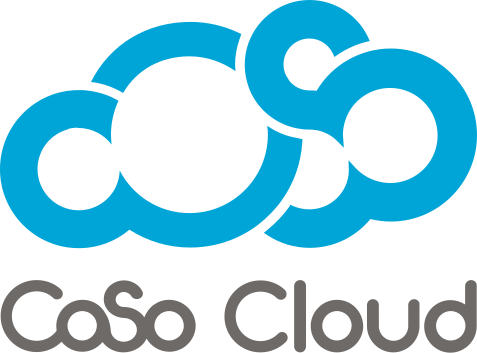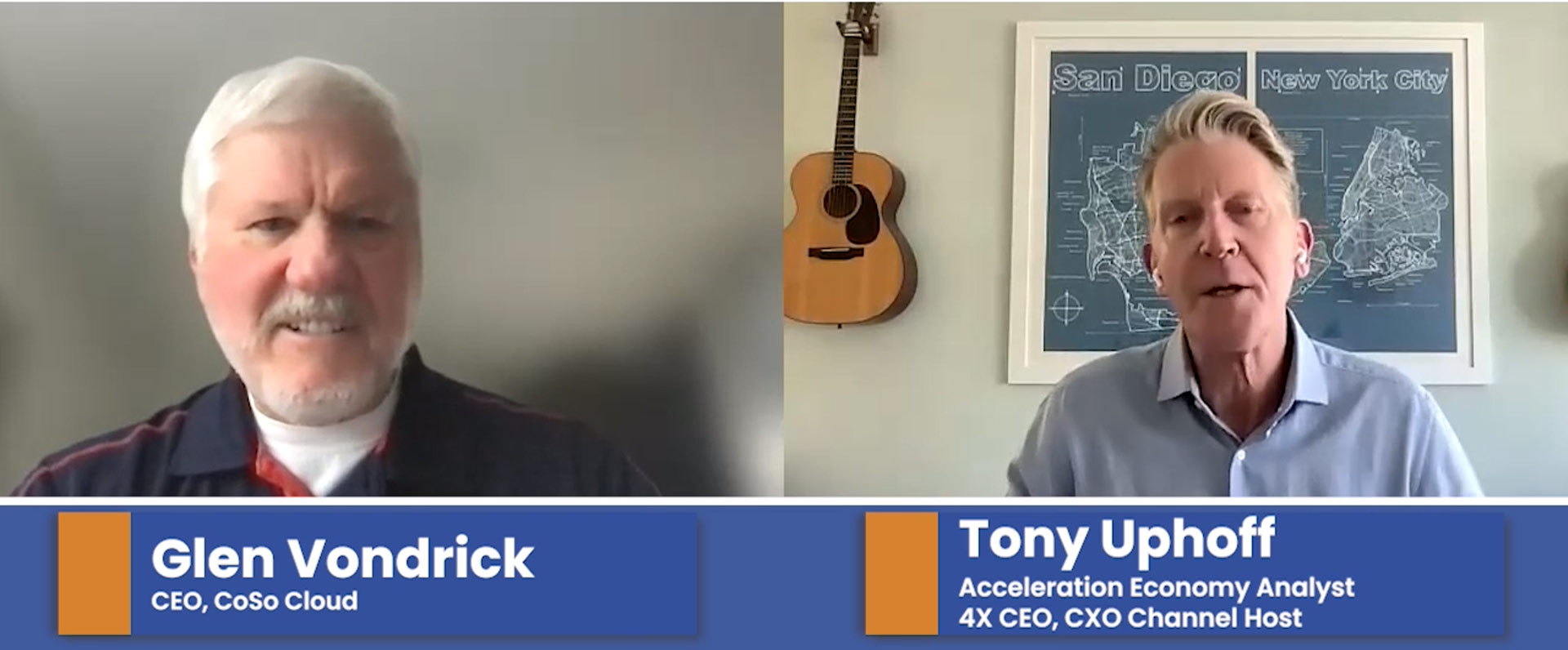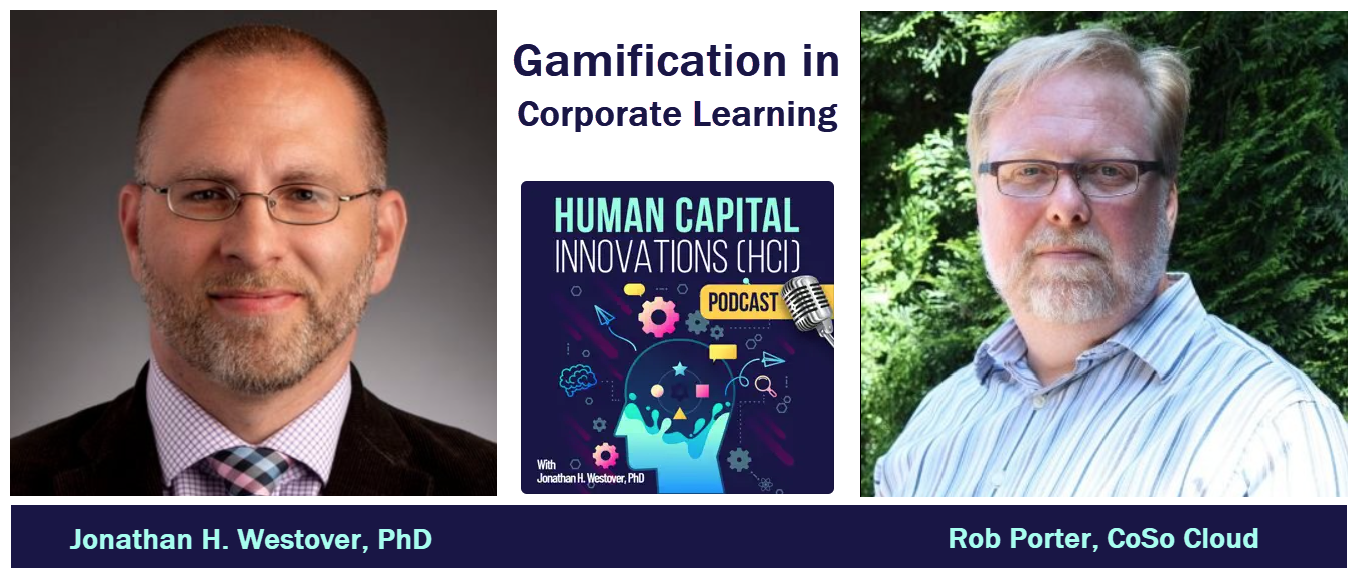
Should Trainers Teach Learners How to Learn?
February 17, 2020
Here’s a term you probably don’t hear much about: meta learning.
The idea, according to Wikipedia, was first introduced by Donald Maudsley in a thesis written at the University of Toronto in 1979. It’s hard to draw up much about the man, but he defined his concept as the process by which “learners become aware of and increasingly in control of habits of perception, inquiry, learning and growth.”
The idea was picked up a few years later by John Biggs, an educational psychologist who developed the SOLO taxonomy as well as the constructive alignment model for designing teaching and assessment. He described meta learning as the state of “being aware of and taking control of one’s own learning.”
Generally, the idea is, if you have enough self-awareness in the learning process, you can come up with approaches to learning that make you a more effective learner. You read a lot about meta learning in computer science. On the more humanistic side of things, people simply refer to it as “learning how to learn.”
Where this really comes into play is when you encounter complex learning tasks. While non-meta learners will tend to find the learning too difficult, meta learners will adapt their learning to meet the demands of that particular learning task. As a software developer Abhishek Pillai wrote a few years ago in his excellent Medium post, What I learned from Coursera’s “Learning How to Learn”, “If there’s one thing that never changes about this job, it’s that it is always changing.” Simply learning wasn’t so simple anymore. What Mr. Pillai really needed to learn was how to learn.
Barbara Oakley, a professor of Engineering at Oakland University and McMaster University has become one of the biggest authorities on the topic. Her MOOC classes, one of which inspired Mr. Pillai to write his post (and incidentally the most watched Coursera course of all time), are highly popular all around the world. Her Ted Talk has drawn over a million views. In it, she recounts how she flunked her way through school but later became an engineer after learning how to “change my brain.” If you’re wondering how seriously her views should be taken in the corporate arena, she’s spoken at Google as well.
In these talks, Mrs. Oakley provides practical advice on how to approach complex subjects, overcome a bad working memory and even beating procrastination, which she calls an addiction based in the avoidance of actual physical pain. Learning new concepts requires a new way of thinking. “A different perspective,” she says.
If you haven’t checked out some of Mrs. Oakley’s videos, we highly recommend it. Whether you incorporate her teachings into your own training programs or simply have your learners experience her videos directly, teaching learners how to learn will, we believe, become a corporate imperative. As the business and technology landscapes become increasingly complex, we will all be required to not simply maintain the pace of learning but learn how to evolve our very learning approach—not just once, but over and over again.











